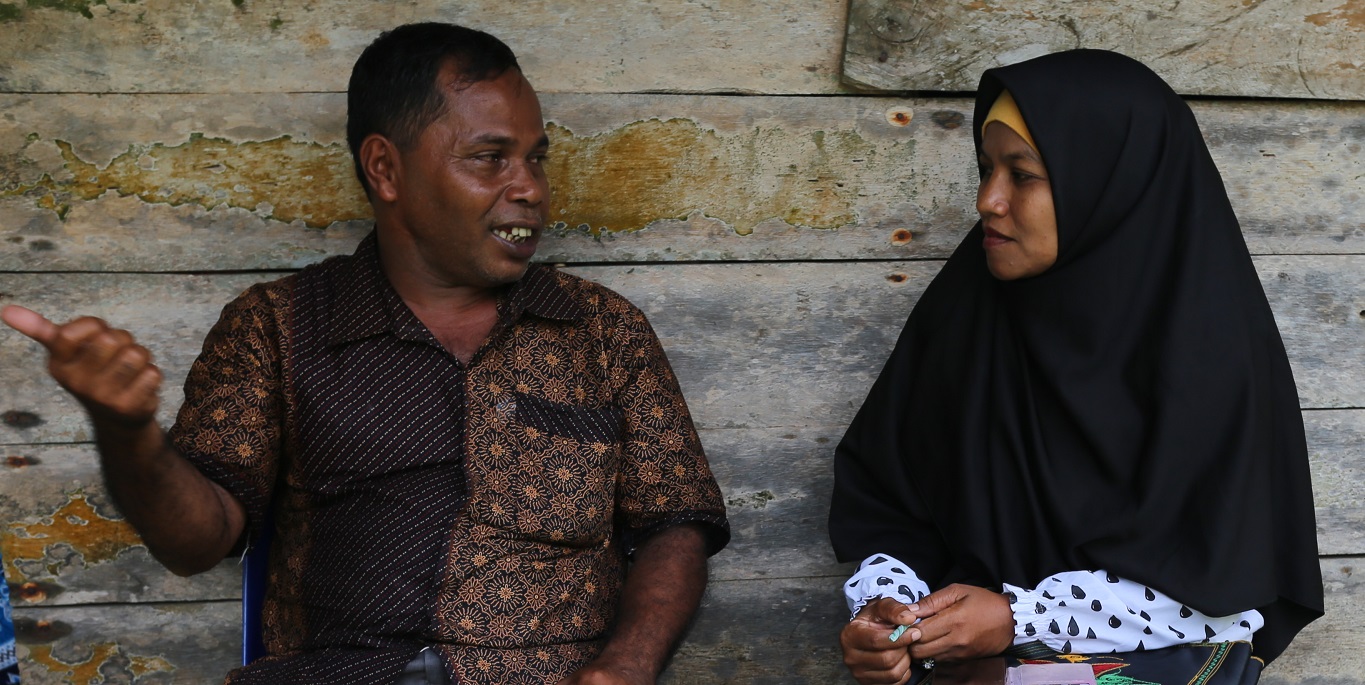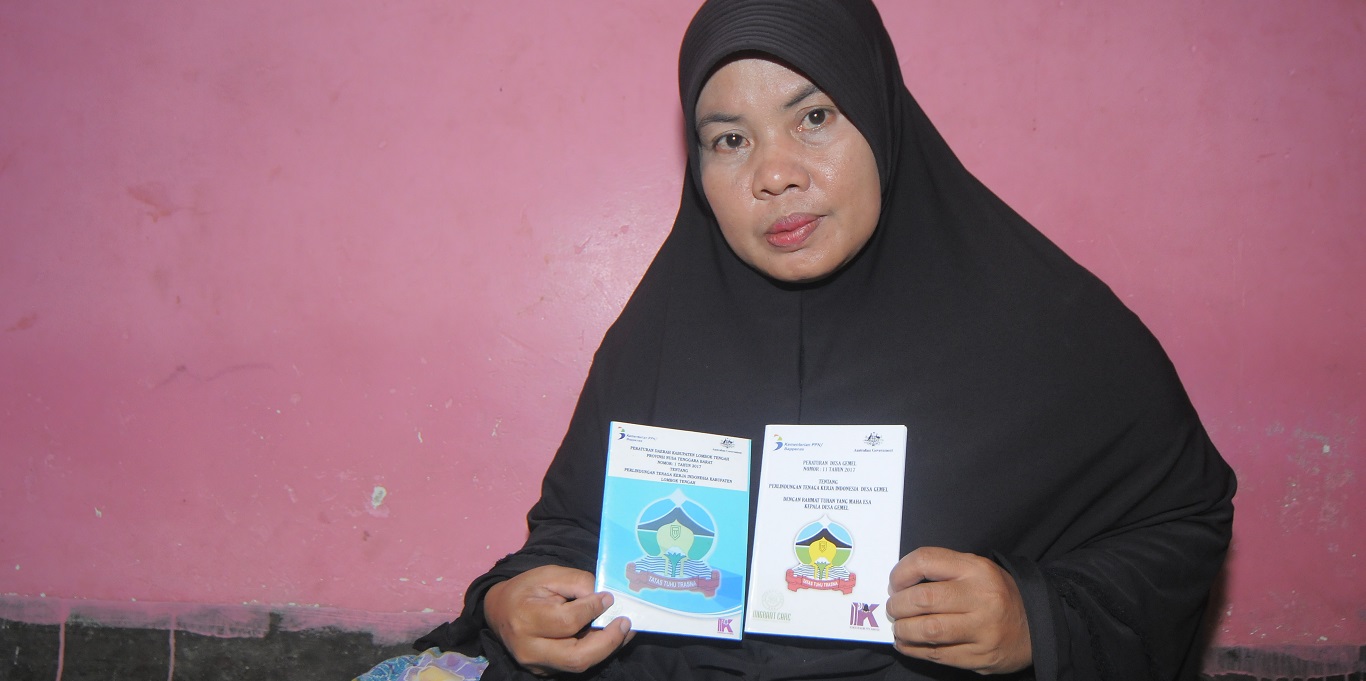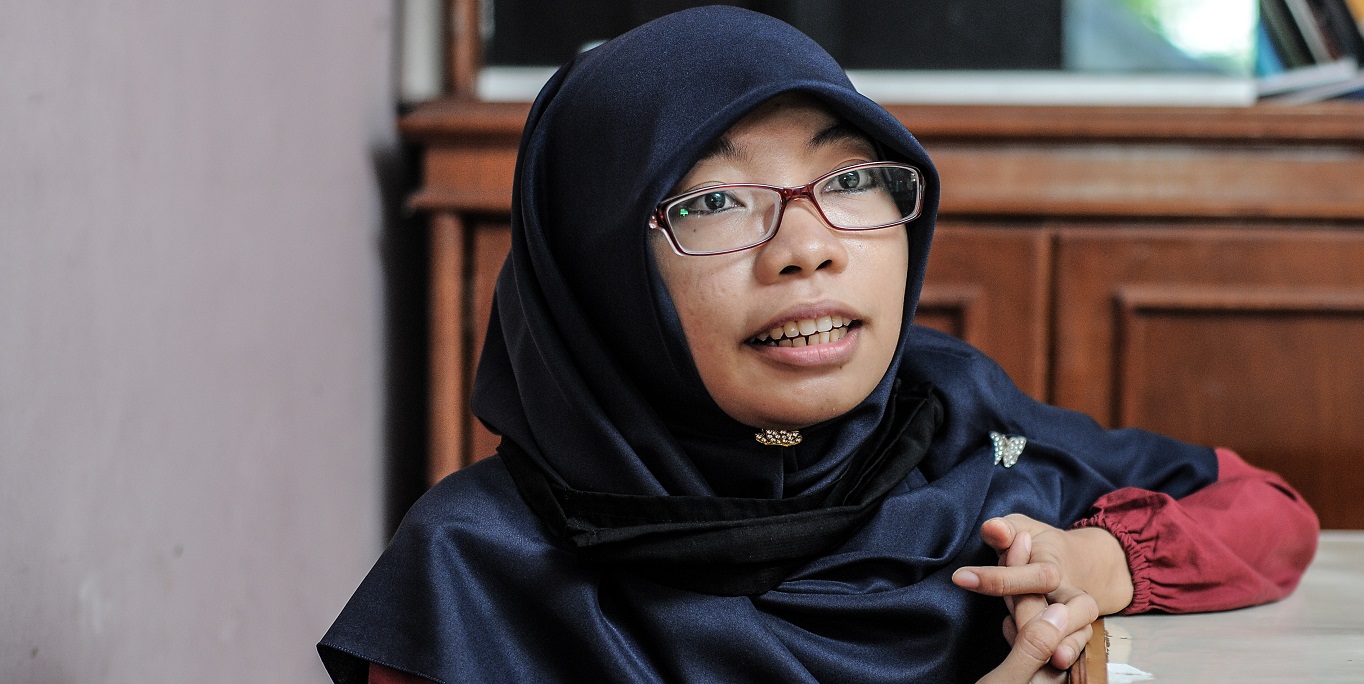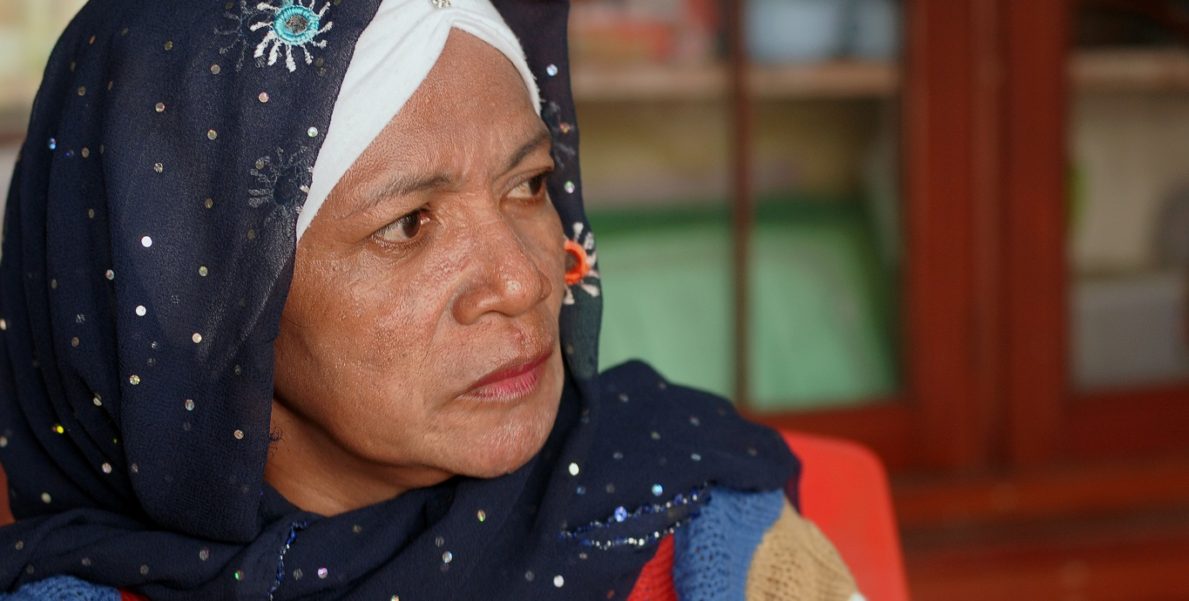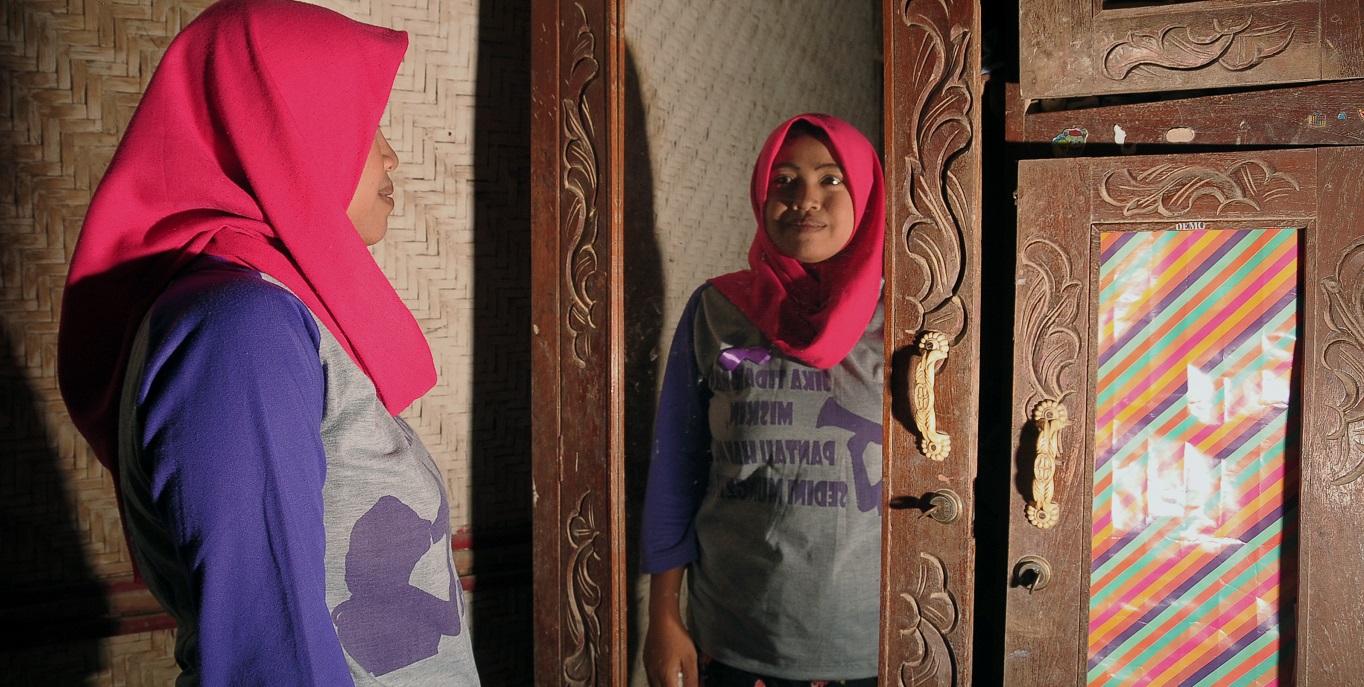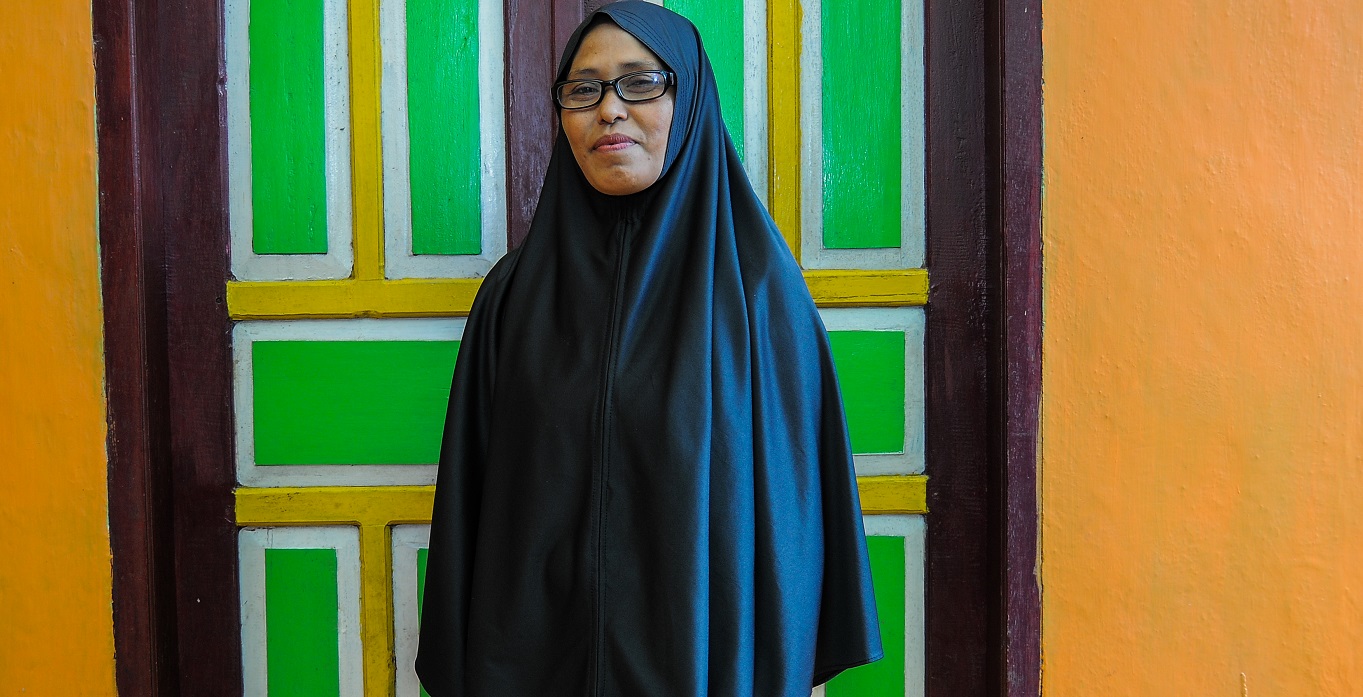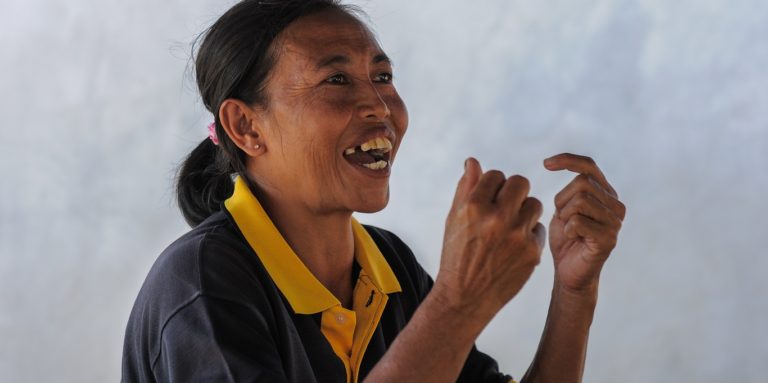Stories
Early Sex Education through Metaphors and Custom Teaching in Minangkabau
30 December 2016Penulis: admin
The Minang custom in Padang, West Sumatra, is indeed fascinating. In particular, their matrilineal societal system—which follows a “mother line”, as opposed to patrilineal (the father line). It is natural then that the women of Minang claim such high positions and honors in their societies.
“We have what we call ‘Tali Tiga Sepilin’,” said Pak* Kamaryudin, a traditional leader at the district of Kuranji, Padang. “Namely, Ninik Mamak who oversees our traditions and custom, Ulama who oversees our religious life and education, and Cerdik Pandai who runs the local government. The Tali Tiga Sepilin provide strong support to Bundo Kanduang.”
Bundo Kanduang was an important position of selected women in Minangkabau ethnic groups. Although it literally meant ‘birth mother’, Bundo Kanduang was actually more about a woman leadership figure in Minangkabau. She was well respected for her wisdom as well as her position as the guardian of the community’s welfare and sovereignty.
“In the past, education for girls used to be run by Bundo Kanduang,” said Pak Zulhelman, whose title was Pandeka Diraja—a traditional leader in the city of Padang.
“As they enter their teenage years and are about to be married, there will be what we call pingitan. All these are taught by Bundo Kanduang, including for example, matters pertaining sex. Boys, as they reach the age of 10, were no longer allowed to live at home. They had to sleep in the community’s worship places called surau. They are taught four main skills: Silat (traditional self-defence or martial arts), including silat raga (physical martial arts), silat lidah (lidah means tounge, hence, the art of language), and silat batin (batin means interior/spirit, hence, the art of spirituality). Sewing, including sewing of clothes and sewing or cultivating relationships—this is important as many of us become diaspora. Then they were taught how to work on the field. And how to be craftsmen. It is no longer like this. Now both boys and girls undergo the same education.”
“Yes, in the past, everything that is related to sex and social interaction for girls was explained by their Bundo Kanduang,” said Ibu* Adriyosa Adnan, a traditional leader in the district of Kuranji. “No one else was allowed to explain this, much less the men. Bundo Kanduang would inform them on how the serve their husbands, rules on the wedding night and the night after, how to understand various gestures of their husbands, etc. Because we use many implicit gestures and metaphors in Minang.”
This was confirmed by Pak Pandeka Diraja. Metaphors were inseparable from Minang’s traditions. “We cannot say things directly—because we want our messages to be understood only by those who are meant to understand what we are implying,” he explained. He gave an example. For instance, he said, in educating the teenage boys and girls about everyday social interactions, they used the words ‘durian’ and ‘cucumber’ to insinuate male and female genitals.
“So for example, we say, durian and cucumber can be close to each other,” said Pak Pandeka. “But remember, even in a short distance between them, the durian can scratch the cucumber. So it is better to be careful and not to get too close to each other.”
“There are a lot of things that need not be said in the Minang traditions,” said Ibu Adriyosa. “For example, when a husband comes home to his wife with his first wage, the husband cannot gives it directly to the wife. Neither can the wife cannot ask for it. But the husband would slip it under their pillow. The money needs to be in perfect condition; not the small change. The wife would knows that the husband has placed the money under the pillow. So there is specific education to learn about these things from their Bundo Kanduang, including how to read the husbands’ gestures and behaviours.”
But the advancement of information technologies, coupled with the increasing level of education among the children today, had made traditional leaders realised that it was no longer enough to only observe the traditions. “Now even as they are still in junior high school, they would already know these things. Juvenile delinquency is spreading. In the past, when a boy and a girl want to meet up, there are rules, where they need to meet, at the girl’s house, with permission, etc, we know who they are. Now they can date over Facebook with whoever and wherever that we do not know,” said Ibu Adriyosa. “So sex education since early age is crucial.”
Ibu Adriyosa was also concerned about the gaps in social sanction between the boys and the girls who had committed juvenile deliquency. “For example, if there is pregnancy, why can the boys stay at school while the girls cannot? That is not right. If both have been involved, then why is the saction imposed only to the girls?”
Despite the fact that the high occurence of such cases had made traditional leaders realise how important early sex education is, they admitted that they were not comfortable in doing it. In addition to being accustomed to observing the traditions and using metaphors, they were uneasy because they had no sufficient education background to explain sex and reproduction health matters in a language appropriate to under-age children.
“Perhaps there should be special schools or pesantren (religious schools), for parents, for us,” said Ibu Adriyosa. “I also face difficulties in communicating these to my children. Perhaps we also need to be educated on how to convey these issues to them.”
Ibu Hailis Yusuf, Bundo Kanduang of Tanjung ethnic group in the district of Kuranji, had participated in the workshops on sexual and reproductive health conducted by the Institute of Community Studies and Empowerment (Lembaga Pengkajian dan Pemberdayaan Masyarakat, LP2M).
“Yes, I have learned various things,” ujar Ibu Hailis. “About reproduction, juvenile deliquency, health, and contraceptions. People are usually against contraceptions because they say the more children we have, the higher our prosperity will be. But if we don’t have much to live by, the husbands do not work and have only low-level of education, how can we eliminate poverty?”
Ibu Hailis admitted there were many compatibilities between the knowledges shared in the sexual and reproductive health workshop and the teachings of the traditions and religion (Islam). “For instance, in maintaining gaps between pregnancies. The Quran also suggested us to breastfeed our children for two years. So wait for two years, then we can have more children. There is heavy bleeding during childbirth, so we need to ensure that we maintain our health first. Don’t get pregnant again too soon.”
The boundaries of healthy social interactions, she said, was already in line with the religious teachings. “Both the boys and the girls need to maintain and respect their dignities. If they are not related, or officially husband-and-wife, then don’t get too close. They are not muhrim**.”
____
* Pak (short for Bapak) means Sir, while Ibu means Madam.
** muhrim (arabic) literally means those who are forbidden. That is, in this case, those who are forbidden for us to wed, such as our own family.



